
Is your PIN secure? Hackers often exploit common choices like birthdays, lucky numbers, and simple patterns. Check this list to see if your PIN is among the most vulnerable. Don’t let an easily guessable number compromise your security.
“1234”

Topping the list of lazy choices is the classic sequential string “1234”. While convenient to remember, this predictable combo practically hands crooks the keys to your account. Stay a step ahead of the game.
Birth Year Blunders
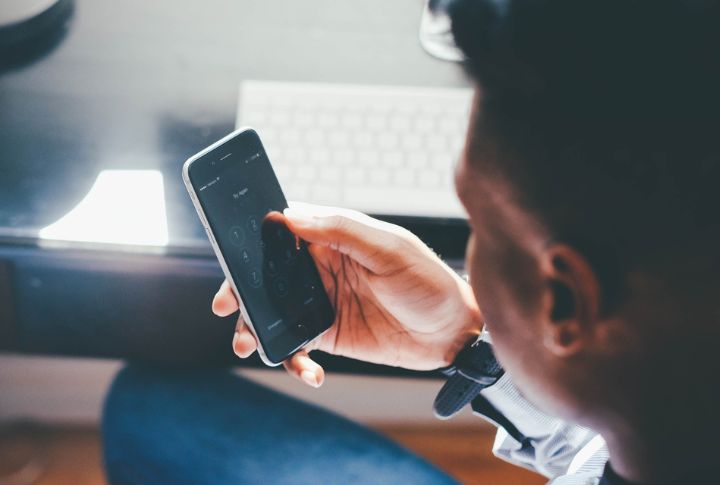
Many lean on birth years as an easy-to-recall PIN, ignorant of the glaring risk. Malicious minds might unearth your DOB with light internet sleuthing, rendering that “secure” code an open door. Spare yourself the vulnerability and mix it up!
Repeaters Galore
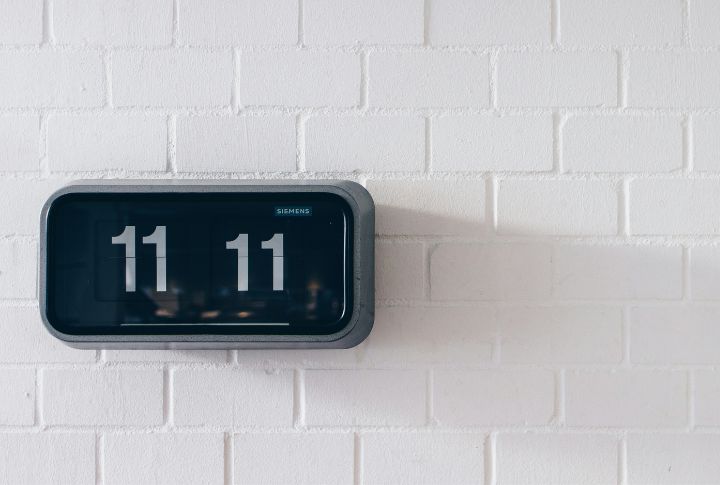
From “1111” to “6666,” repetitive strings are a widespread PIN pandemic. They are low-hanging fruit for fraudsters looking to steal your data.
Monumental Mistake
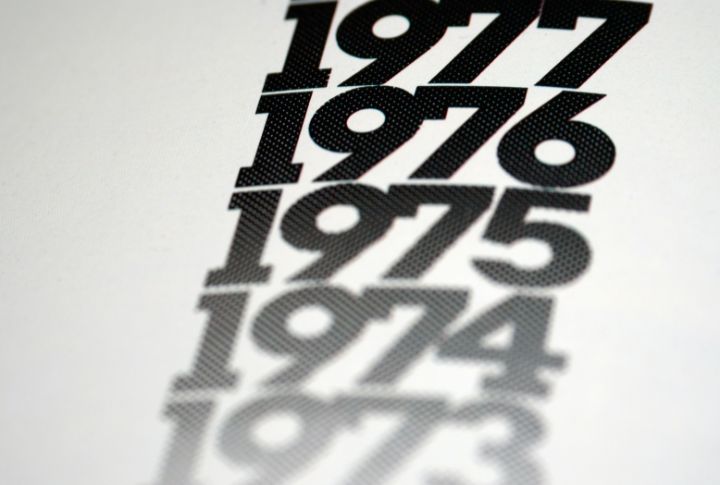
“1776”, “1492”—incorporating famous historical dates into your PIN is just asking for trouble. Although they are a wise trivia gambit, these numerical landmarks are all too guessable by seasoned swindlers.
Double Bubble Trouble
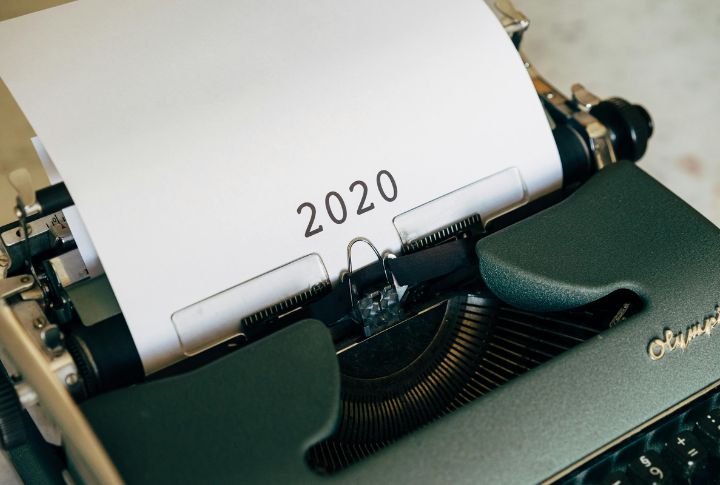
Many hack attempts start by inputting matching pairs—”6969″, “5050”, etc. Break from that predictable pattern and secure your stash. A good PIN must ditch that double vision. Two of the same digits are too predictable.
Numerical Neighbors
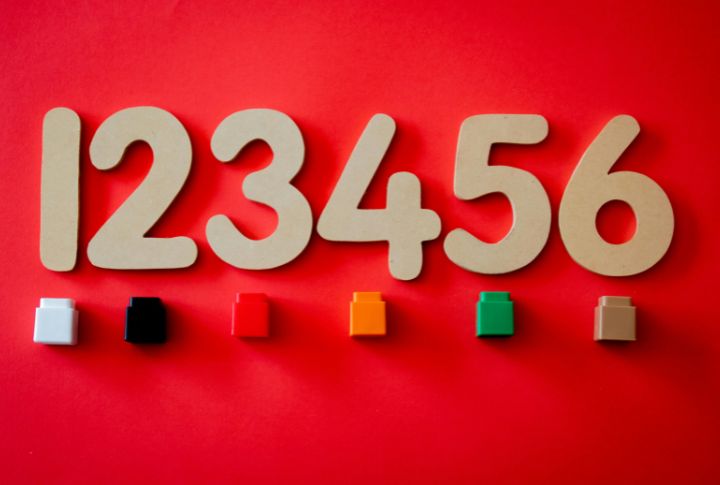
Rows on a standard number pad breed laziness. “1234”, “6789”, and “7890”—crisp vertical and horizontal strings are low-effort targets for cyber crooks. If you’re using straightforward number sequences like these, you’re making things too easy for potential intruders.
0000
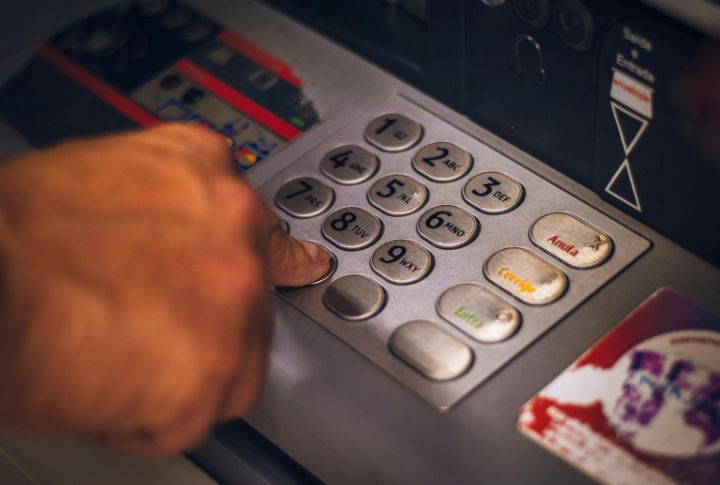
“0000” is another easy-to-remember but highly insecure PIN. Many people opt for this straightforward sequence, thinking it’s unique enough. However, its simplicity precisely makes it a favorite target for cybercriminals.
Family Matters

Those sentimental souls who use birthdays, anniversaries, and other personal dates as PINs might as well rent a billboard. These digits aren’t just numbers; they’re open windows into your private life that scammers would love to slip through. Leave the milestones for celebrations, not cybercrime traps.
Backward Basics
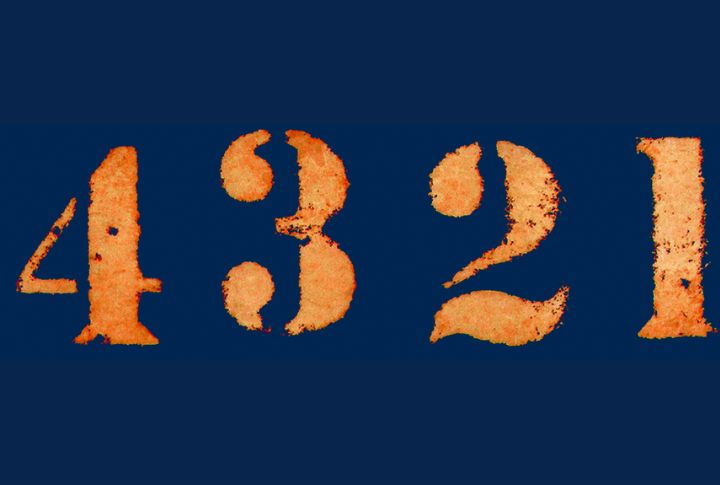
Reversing a typical sequence like 1234 to 4321 might seem like a cunning move, but more is needed to improve security significantly. Hackers are well aware of these rudimentary “reversal” tactics and patterns. You’ll need to get more creative to keep them guessing.
Lucky Sevens? Not Quite
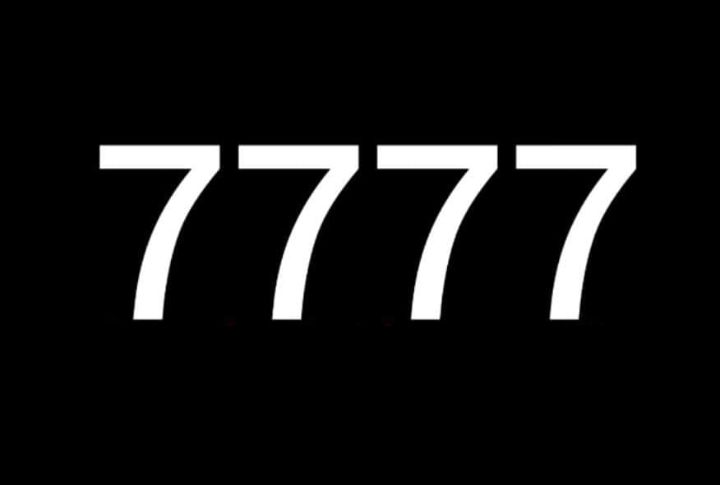
Lucky number sequences might seem appealing, but they’re far from unique. “9999”, “8888”, “7777” and other top-of-the-line number rows are irresistible to hackers. Who doesn’t dream of hitting those lofty digits on a slot machine? Sadly, using them as passwords is like pulling the lever for crooks to plunder your stash.
Address Anarchy
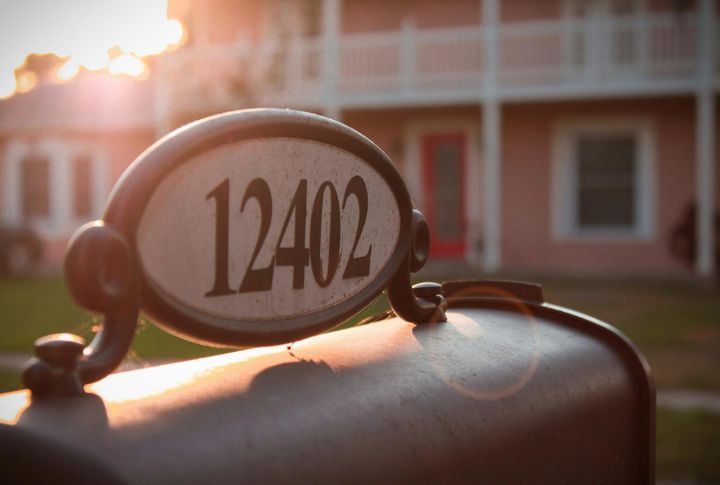
Incorporating your address digits into your PIN is a big no-no. If someone can find your address, they might crack your PIN, too. That also includes your house number.
5683
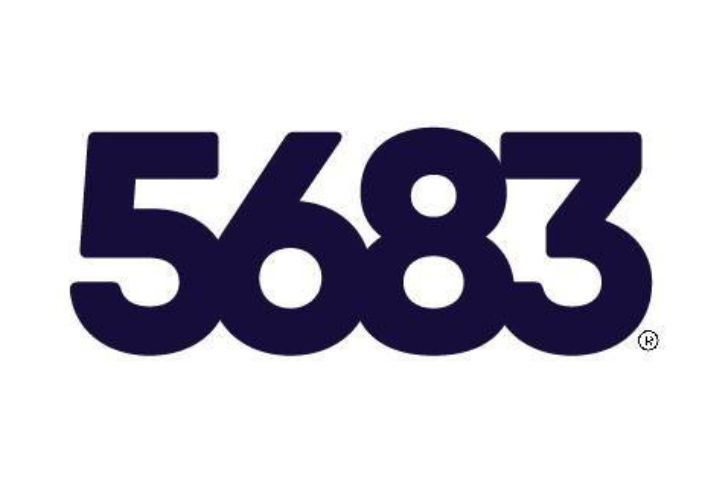
“5683” spells “LOVE” on a keypad, making it a popular choice. While it might feel unique, it’s widely known and easy to guess. Do not use number combinations that spell out words, as they are often less secure.
2000
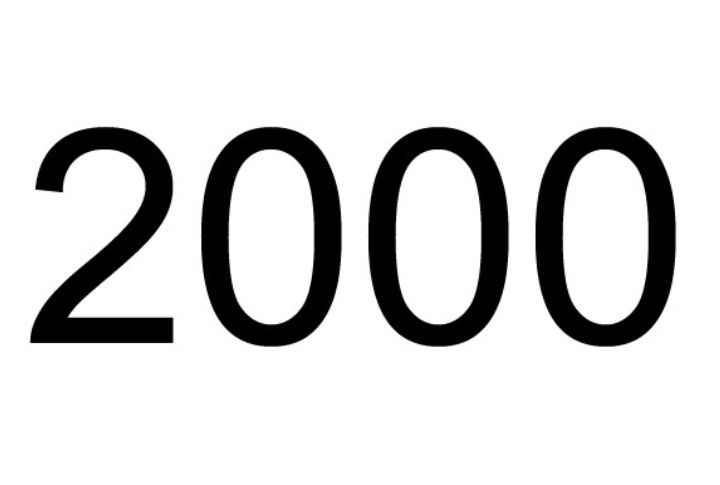
Due to its simplicity and significance as a millennial year, many people choose “2000.” Nonetheless, its popularity makes it highly insecure.
2580
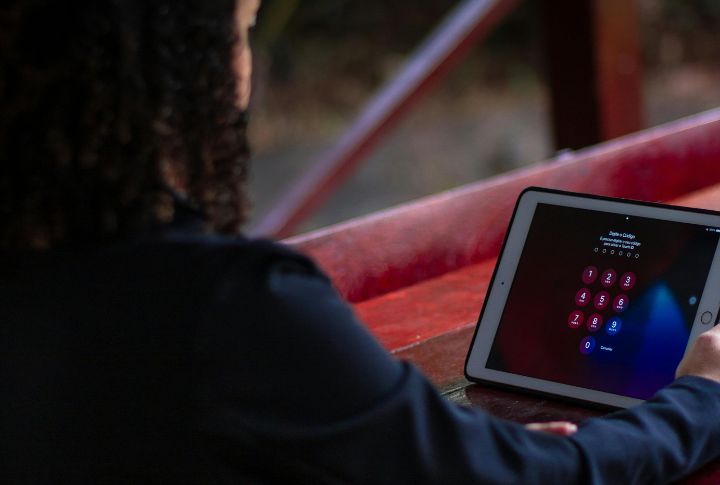
“2580” is frequently chosen because it runs down the center of the keypad. Its convenience is also its downfall, making it one of the most predictable and hackable PINs. Opt for a less obvious combination to secure your accounts.
1213
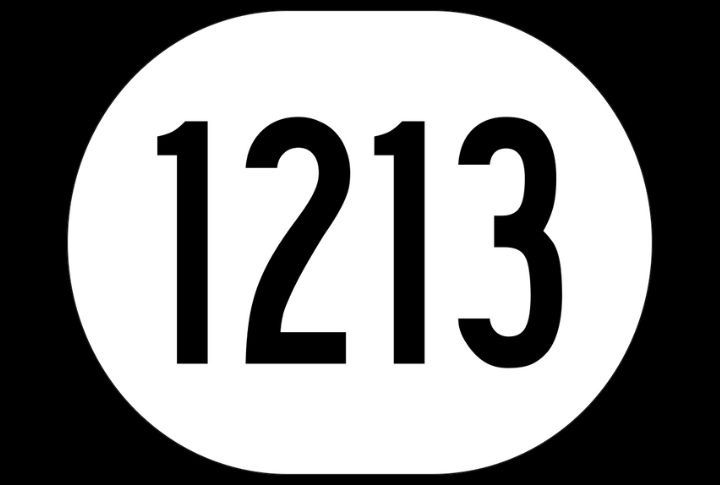
This number is often chosen as a slight variation of “1212.” It might seem different enough, but this still falls into predictable patterns. Your PIN should be random and not easily guessable to ensure better protection.

